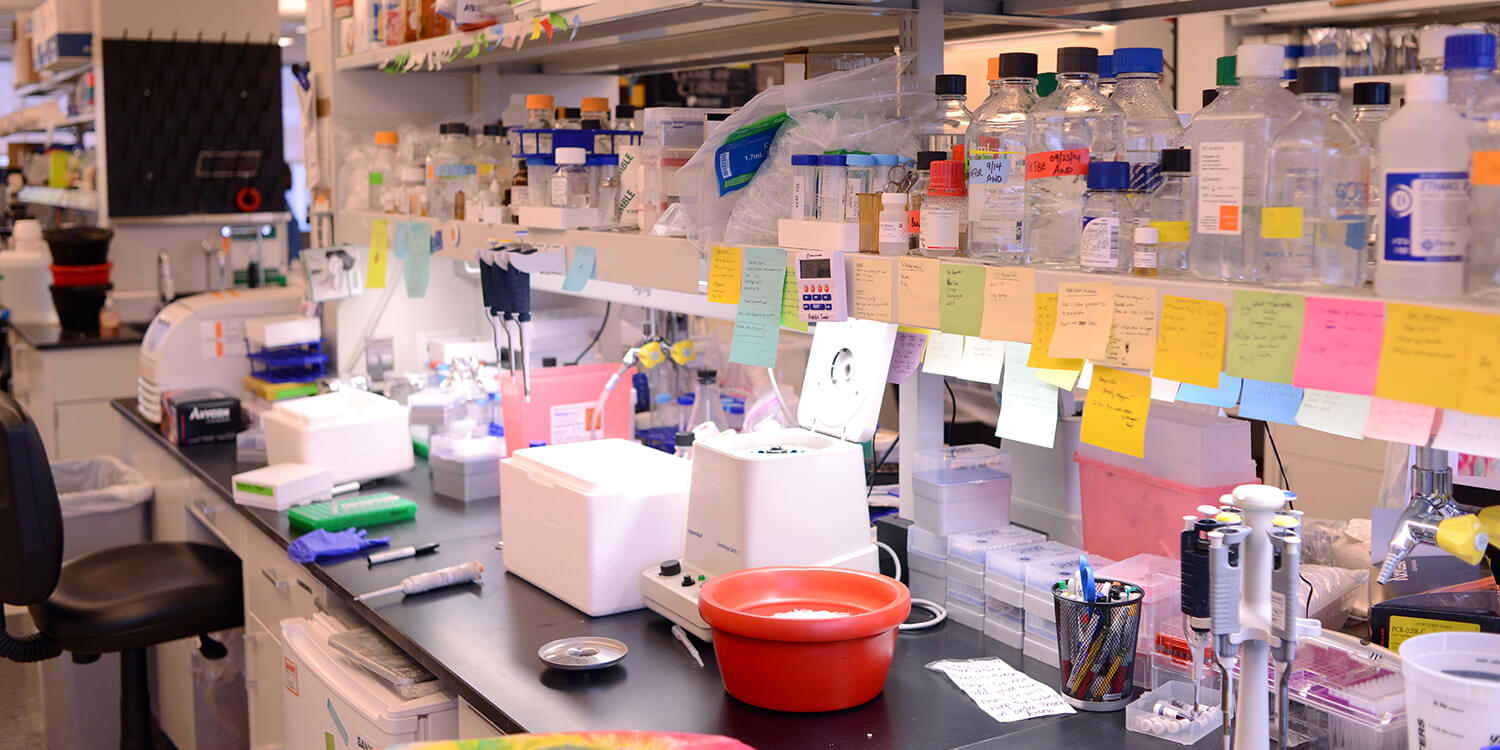How Pet Labs Ensure the Safety and Wellness of Pets
How Pet Labs Ensure the Safety and Wellness of Pets
Blog Article
Ensuring the health of your pets helps them thrive. Veterinary laboratories provide essential diagnostic support for companion animals.
In this guide, we’ll examine how veterinary labs work, their key services, and why these labs are invaluable for your pets’ health.
What Are Animal Diagnostic Labs?
Diagnostic services for pets offer testing for various health issues in cats and dogs. These labs aid vets to monitor health conditions.

Their operations usually starts with:
- Obtaining biological samples: Blood, urine, feces, or tissue samples are retrieved during vet visits.
- Laboratory analysis: Skilled technicians analyze the samples.
- Understanding the data: The lab provides detailed reports to the veterinarian for custom care strategies.
Common Veterinary Tests for Pets
Animal health testing facilities offer a variety of tests to monitor their well-being. Important assessments include:
- Hematology panels: Check for chronic conditions.
- Urine tests: Spot bladder issues.
- Fecal examinations: Spot signs of infections.
- Allergy screenings: Identify environmental triggers.
- Diagnostic imaging: Check for fractures.
laboratório de análises clínicas veterinária preventiva
Why Regular Testing is Important for Your Pets
Ongoing health monitoring plays a key role in preventing serious illnesses. Proactive health checks allows for better outcomes.

The top benefits include:
- Proactive care: Early interventions for your pet’s needs.
- Knowing your pet is cared for: Track their wellness.
- Preventing costly emergencies: Prevent costly procedures.
laboratorio de analises clinicas veterinaria
Why Veterinary Testing is Essential for Cats and Dogs
Relying on regular health assessments for dogs and cats keeps them happy and healthy. Veterinary labs provide valuable insights to keep your pets in top condition.
Schedule a diagnostic test today to help them live a long, happy life!
Report this page